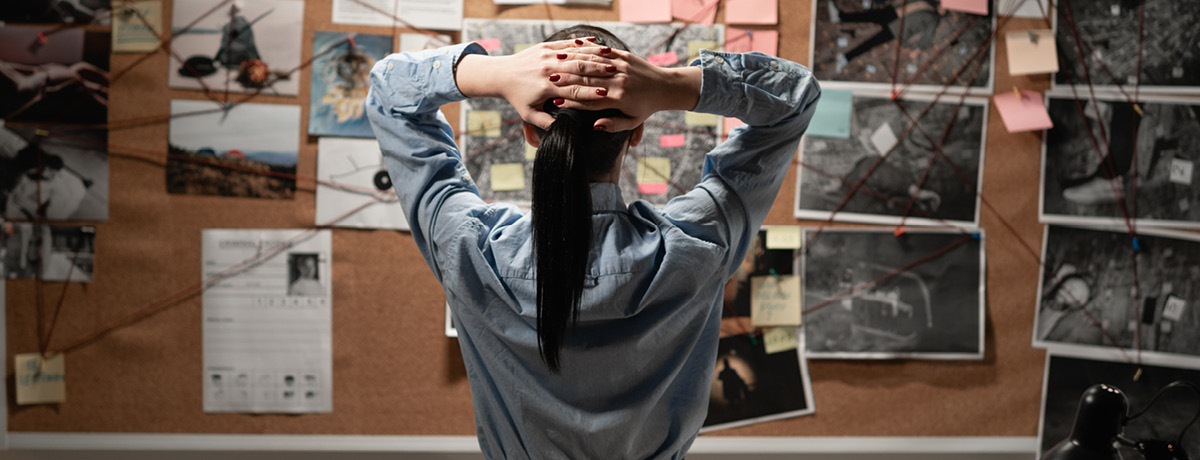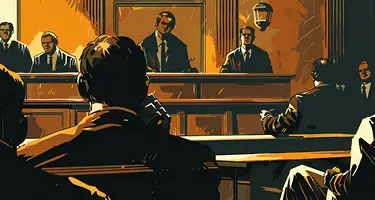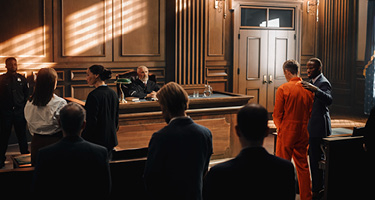The role of a criminal defense investigator is often overshadowed by the more prominent figures in the legal field. However, their contributions are vital to ensuring a fair and just legal system. A criminal defense investigator is a skilled professional tasked with uncovering the truth and gathering evidence to support the defense in criminal cases.
Unlike law enforcement investigators who work on behalf of the prosecution, criminal defense investigators are independent and dedicated to the defense team. They play a crucial role in helping defense attorneys build a strong case by conducting thorough investigations, gathering information and challenging the prosecution's claims.
Qualifications and Skills Required to be a Criminal Defense Investigator
To excel in this role, criminal defense investigators need a combination of specific qualifications and skills. They often have backgrounds in law enforcement, private investigation or related fields. Criminal defense investigators may also have legal training or experience working in a law firm. Some choose to pursue extra training and become board-certified criminal defense investigators.
Criminal defense investigators must possess sharp analytical abilities, attention to detail and strong research skills. They should be proficient in conducting interviews, analyzing evidence and assessing the credibility of witnesses. Additionally, they must have a deep understanding of legal procedures, laws and regulations relevant to the cases they work on.
Importance of Maintaining Objectivity and Neutrality in Investigations
One of the fundamental principles of a criminal defense investigator is maintaining objectivity and neutrality throughout the investigation process. They must approach each case with an unbiased mindset, allowing them to uncover the truth regardless of personal opinions or preconceived notions. This commitment to objectivity ensures that defendants receive fair treatment and their rights are protected.
By remaining neutral, criminal defense investigators can thoroughly examine all aspects of a case, scrutinize the evidence presented by the prosecution and identify potential weaknesses or inconsistencies. Their dedication to impartiality contributes to the pursuit of justice and upholds the principle that every defendant is innocent until proven guilty.
Criminal defense investigators play an essential role in the criminal justice system, acting as a valuable asset to defense teams. Their expertise, commitment to truth-seeking and dedication to ensuring a fair trial make them unsung heroes in the pursuit of justice.What Does a Criminal Defense Investigator Do?
One of the primary roles of a defense investigator in a criminal matter is to locate and vet potential witnesses for the defense. They use their investigative skills to identify individuals who may have relevant information or testimony that could support the defendant's case. This involves:
- Conducting interviews of witnesses.
- Performing background checks.
- Gathering statements from witnesses.
Criminal defense investigators are also instrumental in identifying and collecting evidence that supports the defense's position. They thoroughly examine crime scenes, review police reports and analyze available documentation to uncover any inconsistencies or gaps in the prosecution's case. This may involve conducting independent forensic examinations, consulting with experts or gathering additional evidence that was overlooked or disregarded by law enforcement.
In cases where a crime scene is involved, a criminal defense investigator’s job may be to play a role in analyzing the scene and reconstructing the events that took place. They meticulously examine physical evidence, such as fingerprints, DNA or trace materials, to challenge the prosecution's narrative or provide an alternative explanation. By reconstructing the events, they aim to present a different perspective that supports the defense's arguments and casts doubt on the prosecution's version of events.
Criminal defense investigators thoroughly review police reports, witness statements and other documentation provided by law enforcement. They scrutinize these materials to identify any:
- Inconsistencies.
- Errors.
- Biases.
Once identified, these details could be used to challenge the prosecution's claims. By uncovering flaws in the investigation or exposing potential misconduct, they aim to weaken the prosecution's case and strengthen the defense's position.
Start your search with the Best Lawyers Find a Lawyer tool to identify experienced counsel.































